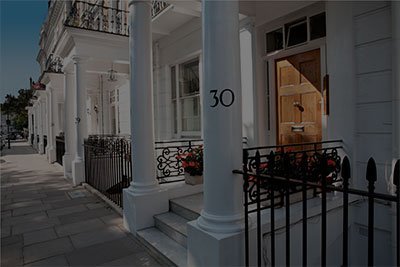The case of Peires v Bickerton’s Aerodrome Ltd [2016] The case of Peires v Bickerton’s Aerodrome Ltd [2016] EWHC 560 (CH) provides a useful reminder of the principles relating to nuisance: here it was a case of noise nuisance. It involved a complaint by a Mrs Peires relating to helicopters carrying out a specific training manoeuvre at Denham Aerodrome, which was close to her property. While other...
Read More









